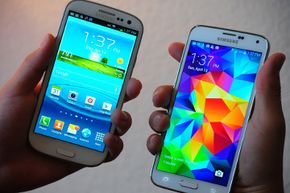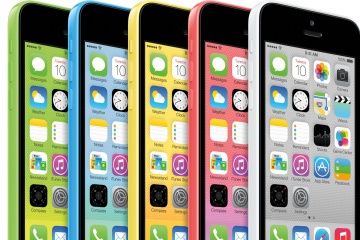Isn’t it great when science fiction becomes science fact? If you’re a little older, you probably wanted a communication device just like the one Captain Kirk used in the TV series “Star Trek” when you were growing up. Kirk and the crew of the USS Enterprise could talk over vast distances with these personal communication devices. Without the “communicator, the order to “beam us up, Mr. Scott” would have fallen on deaf ears, and we all know what would have happened to Kirk if he didn’t have any bars on his device.
Now that we’re well into the 21st century, our “communicators” make the ones on “Star Trek” seem like antiques. Not only can we talk to one another on our smartphones, but we can text, play music or a game, get directions, take pictures, check e-mail, find a great restaurant, surf the Internet, watch a movie. You get the idea. Smartphones are cell phones on steroids. Why is that?
Advertisement
Unlike traditional cell phones, smartphones, with their big old memories, allow individual users like you and me to install, configure and run applications, or apps, of our choosing. A smartphone offers the ability to configure the device to your particular way of doing things. The software in the old-style flip phones offers only limited choices for reconfiguration, forcing you to adapt to the way they are set up. On a standard phone, whether or not you like the built-in calendar application, you’re stuck with it except for a few minor tweaks. But if that phone were a smartphone, you could install any compatible calendar application you liked.
Here's a list of some of the additional capabilities smartphones have, from intuitive to perhaps less so:
- Manage your personal info including notes, calendar and to-do lists
- Communicate with laptop or desktop computers
- Sync data with applications like Microsoft Outlook and Apple's iCal calendar programs
- Host applications such as word processing programs or video games
- Scan a receipt
- Cash a check
- Replace your wallet. A smartphone can store credit card information and discount or membership card info
- Pay bills by downloading apps such as PayPal and CardStar
- Allow you to create a WiFi network that multiple devices can use simultaneously. That means you can access the Internet from your iPad or laptop without a router or another peripheral device.

